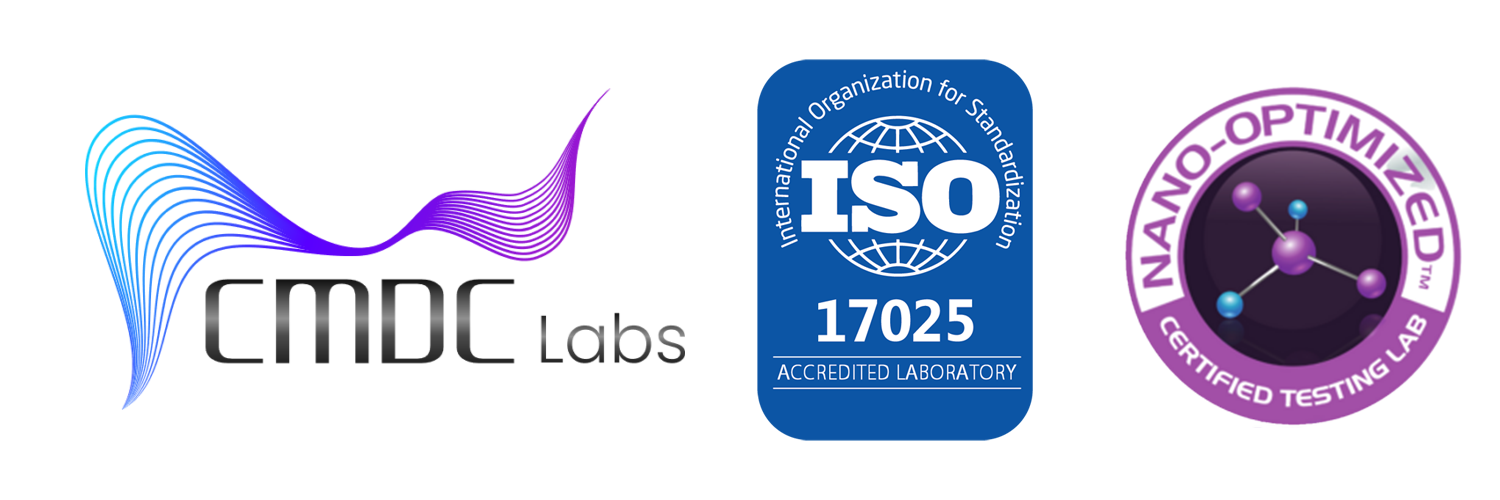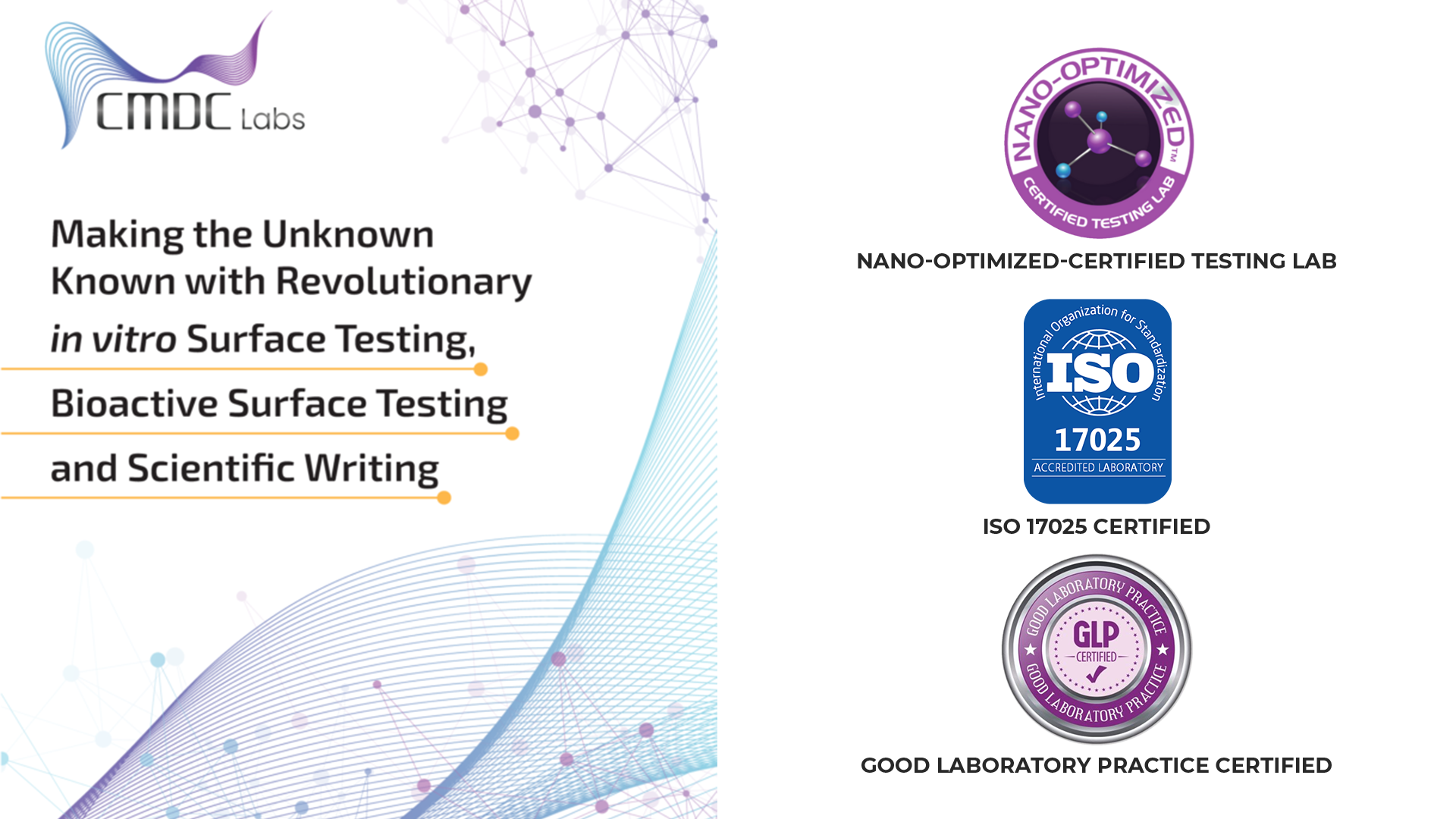In the present times, there has been a disturbing surge in the occurrence of foodborne illnesses. This has also led to increased public awareness about food quality and its safety for consumption along. Moreover, there is naturally great pressure on food manufacturers that are required to make sure their products are safe for consumption.
In the current global market, food safety is among the leading concerns. There are a number of different standards and certifications that exist and Association of Official Analytical Collaboration or AOAC stands out as a key standard in the world of food safety.
An In-depth Analysis of AOAC Accreditation
What is AOAC?
AOAC is an organisation that holds internal recognition. It was found in 1884 and is known to develop along with validate analytical methods for a number of industries including the food safety.
AOAC requires the food integrity testing procedures to withhold the scientific standards therefore providing a framework for laboratories to get credibility in their specific analyses.
The Process of Accreditation
AOAC accreditation involves a thorough evaluation procedure. Laboratories are required to comply with the established protocols such as proficiency testing, method validation. Moreover, labs should also adhere to quality management systems.
This is a very detailed and comprehensive method requiring the approved labs to produce reliable and reproducible results. This would ultimately safeguard public health.
The Role of AOAC Accreditation in Food Security
1- Facilitating Regulatory Compliance
Well-reputed regulatory industries such as the European Food Safety Authority (EFSA) along with Food and Drug Administration (FDA) very frequently depend on the AOAC-approved methodologies to ensure compliance and develop food safety standards.
Accreditation would ultimately narrow down the regulatory process as companies prove their commitment to quality by verified testing processes. This would ultimately provide the additional benefit increasing the repute of food manufacturers other than guaranteeing consumer safety.
2- Providing Method Validity
Among the biggest benefits of AOAC accreditation is the utilisation of valid testing procedures. When it comes to food safety, the accuracy of analytical methods holds great importance. From assessing pathogens to observing the nutrient content of a specific food, the labs accredited by AOAC use valid standards that uphold the international standards. This ultimately not only increases the reliability of test results but also decreases the chances of false positives or negatives that could ultimately pose a significant risk on consumer safety.
3- Bettering the Quality of Food Products
AOAC accreditation has long been known to promote a tradition of continual betterment with in the laboratories. By adhering to the stringent quality management systems, labs utilise the best most ideal practices along with innovative methodologies. This ultimately leads to better food quality and an environment where food quality remains the number one concern.
4- Building Consumer Trust through Transparency and Accountability
During the present times and due to the raising awareness, consumers have shown an increasing concern regarding the origin and safety of their food. In this era, transparency remains the number one aspect. AOAC accreditation is a proof of a laboratory’s commitment to testing and quality assurance.
Food manufacturers collaborating with the accredited labs would ultimately show their dedication to consumers. This would promote a transparent environment.
Consumers also prefer products that are testing and approved by reliable sources as this would guarantee that their safety is prioritised.
5- Consumer Education
To foster trust and reliability, consumer education is highly significant. Food manufacturers should serve as educators for the consumers informing them about the significance of validating testing procedures.
This educational approach boosts consumer knowledge and helps them take control by making informed choices. When consumers are well-aware of the role of accreditation in food safety, they would definitely feel more confident in their food items.
CMDC Laboratories and its Significant Role in Food Safety
CMDC labs are on the forefront of food safety and quality testing. By committing to scientific excellence, CMD labs have successfully provided AOAC-approved services to food manufacturers.
This professionalism and expertise covers numerous analytical procedures making sure that clients get comprehensive testing solutions that are customised according to their needs.
1- Advocacy of Consumer Safety
CMDC labs are not just confined to testing but engage in consumer safety advocacy. Through educational measures of AOAC accreditation along with its implications, the labs help food manufactures to be aware of their responsibilities.
2- Advanced Solutions
CMDC labs have been on the forefront of innovation throughout. They are known to better their methodologies continually so as to incorporate advanced scientific techniques into their testing and making sure that food manufacturers can successfully meet the emerging food safety challenges.
3- No Compromise on Quality
CMDC labs make sure that no compromises are made on the quality by adhering with the AOAC standards. This dedication to method validation proves that the results obtained are reliable and accurate.

